Kate Kamoshita of Learning Compass
Navigating Life with ADHD in Japan
We’re hearing more about “neurodiversity” these days. The term describes the idea that people experience the world around them in a multitude of ways, and there is no “right” way of thinking or behaving. It also refers to the diversity of people themselves, and is often used in relation with autism spectrum disorder (ASD) and other neurological conditions such as ADHD.
A self-professed “forever student” with a life-long love of learning, educational consultant Kate Kamoshita of Learning Compass has turned a passion into a business by helping others find the right program for their goals and needs.
Having been diagnosed with ADHD in her mid-30s, she has a particular interest in supporting individuals and families living with ADHD, and in promoting awareness of the issues they face. Kate comes from Oakland, CA but now resides in Tokyo with her husband and two sons.
What brought you to Japan?
I first came here on the JET program in 2006 to teach in Mie Prefecture. I studied abroad in high school and then worked in the study abroad department at my university. The study abroad advisor was a former JET and suggested Japan to me. I definitely didn’t think I would still be here 16 years later!
What led to starting your business?
After completing my MA in education at Sophia University in Tokyo in the spring of 2021, I was working as an English teacher and helping lawyers prepare to study abroad. I realized that I liked helping them find the right programs and guiding them through the application process, more than teaching English. I call myself a “forever student” as I love school and I’m starting my third degree (an MS in psychology and neuroscience at King’s College London).
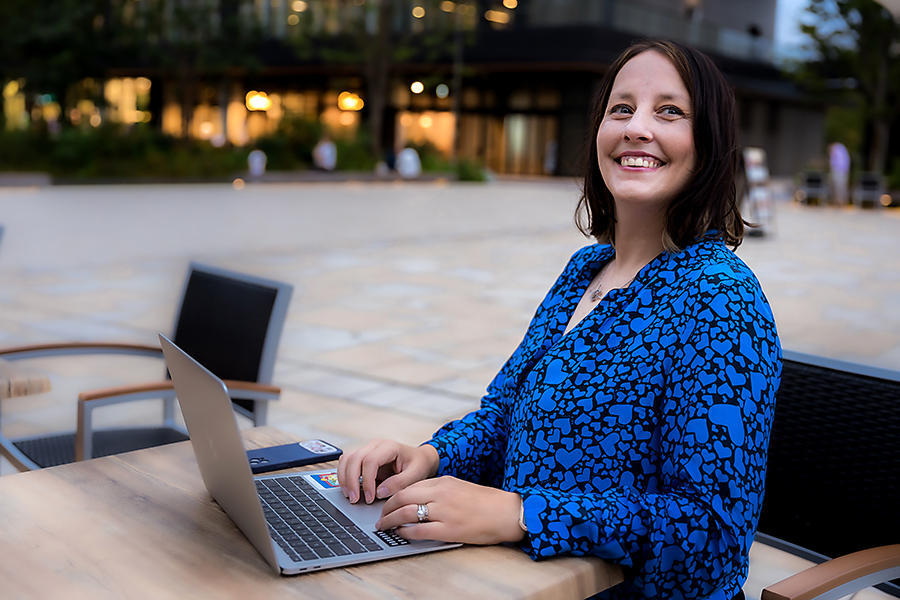 © Photo by Solveig Boergen
© Photo by Solveig BoergenWhat services do you offer?
Essentially, I help people—both students themselves and their families—navigate the right educational path. I support my clients in finding the best programs for their goals, whether that means a higher degree or certification in yoga. Education is not one size fits all!
Why did you decide to tap into the neurodiversity movement?
After I started Learning Compass, there was an increase in ADHD influencers and educators on social media. The neurodiversity movement was getting quite big overseas, and as someone who was diagnosed at 34, I wanted to get involved.
What kind of support can you offer as an ADHD educator?
I work with individuals, families and companies. I am not a psychiatrist or a coach; I am a teacher and now my subject is ADHD. I run a virtual classroom and I have designed courses to help both neurodivergent people and neurotypical people understand ADHD better.
What was the biggest challenge with growing your business?
If you have ADHD, you may well need help to make sure you finish what you started. The first step I took was hiring a business coach, as ADHD brains need accountability and help to stay on track. I am grateful that I could invest this time and money into building my business.
What is the best thing about working with your clients?
So far, all my clients have got into their top choice schools, and their achievements make me so proud. The ADHD side is always rewarding (which is also good as ADHD brains need dopamine boosts!). I’ve already helped a number of people get a diagnosis or start the diagnosis process. It’s also great to know my Instagram account has helped to dispel common myths and has inspired people to speak up about ADHD!
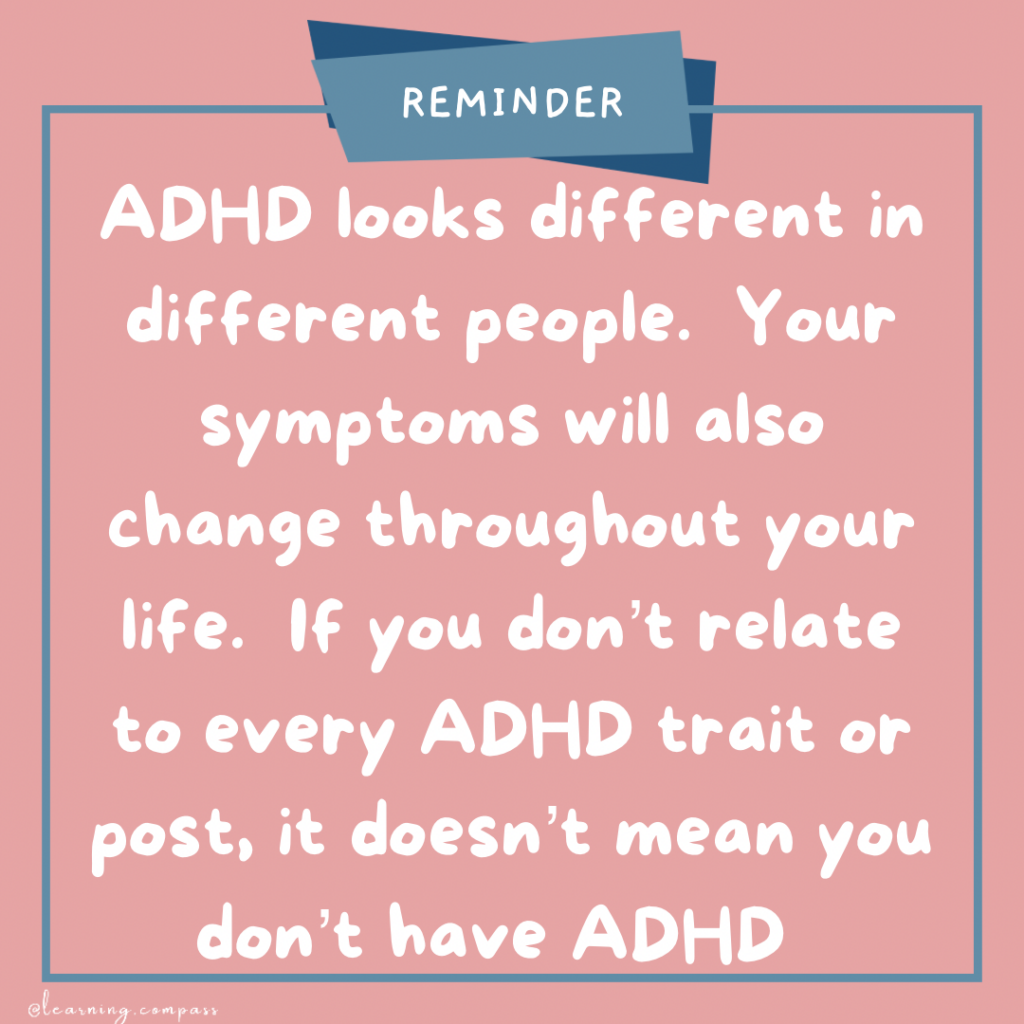 © Photo by Kate Kamoshita
© Photo by Kate KamoshitaCan you share your own journey with ADHD?
As I mentioned, I was diagnosed with ADHD in 2016 when I was 34. It is actually very common for women (AFAB) to be diagnosed in their mid-30s and 40s. I had been diagnosed with GAD (general anxiety disorder), which just means I am often anxious, and was also suffering from postpartum depression and PMDD (premenstrual dysphoric disorder), both of which have a high correlation to ADHD. I remember speaking to my doctor about how this couldn’t just be anxiety, and he asked if I had thought about ADHD.
How did things go from there?
Honestly, I was a bit skeptical after my initial diagnosis, but as soon as I started taking medication for ADHD, my anxiety was reduced almost immediately.
How has life changed for you since you found out?
It has improved one million percent! It’s why I am so vocal about my diagnosis and about ADHD. As a high achiever, the school was ok but I had interpersonal problems and I would often be called “too sensitive, too loud, too excited, too weird, too ____”. Fill in the blank! Once I was armed with the right information, I could make positive changes. I finally had an instruction manual that I didn’t know I was missing.
Why does the medical community miss ADHD in younger women and girls?
Historically, the female experience of ADHD has not been well understood. Males are diagnosed at three times the rate of females. Diagnoses and studies typically have focused a lot on the external hyperactive ADHD patterns that are commonly present in males. On the other hand, females often present internally (e.g. with racing thoughts). Also, in general, women are better at following “social norms” and masking in a society that caters more to men.
How does this gender bias affect women?
Often women get a diagnosis for conditions that accompany ADHD, such as anxiety or eating disorders or substance abuse, instead of ADHD itself.
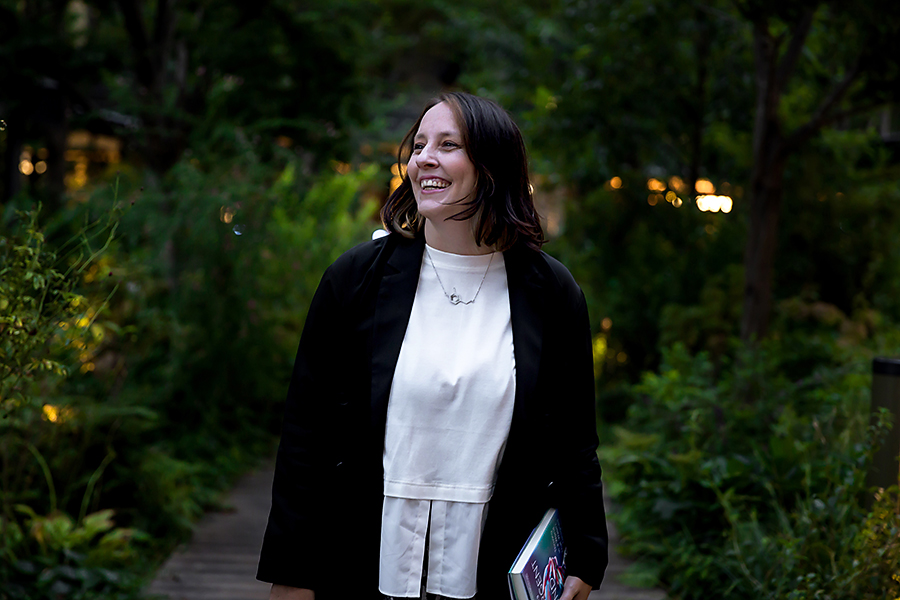 © Photo by Solveig Boergen
© Photo by Solveig BoergenHow can people better understand what it’s like to live with ADHD?
ADHD people have trouble regulating attention and focus. We don’t have a deficit of attention, we have an abundance of attention; we just have no way to filter it. One way I describe this filtering system is to imagine you are in a room with 10 televisions all on different channels and you can’t control the volume or find the remote! We do not have control over what our brains focus on, but we can focus, especially when we are engaged and interested. This is why your child might be able to focus on a video game for hours, but can’t focus on homework for five minutes.
Where is Japan in terms of resources for those with neurodiversity, including ADHD?
People here often still see neurodiversity as a learning disability, and also seem to judge the severity solely on how one performs in an academic or professional setting. We need more doctors that take insurance and offer counseling, testing, OT and family therapy at affordable prices, and we need to lessen the stigma of disclosing neurodiversity to schools and employers here.
Any self-care tips for other women coping with ADHD?
Find some exercise you like doing. Movement is vital for anyone but especially for mood regulation. I would also highly recommend noise-canceling headphones—this was a game-changer for me. Normalize ordering in or buying premade foods and remember cereal for dinner is fine!
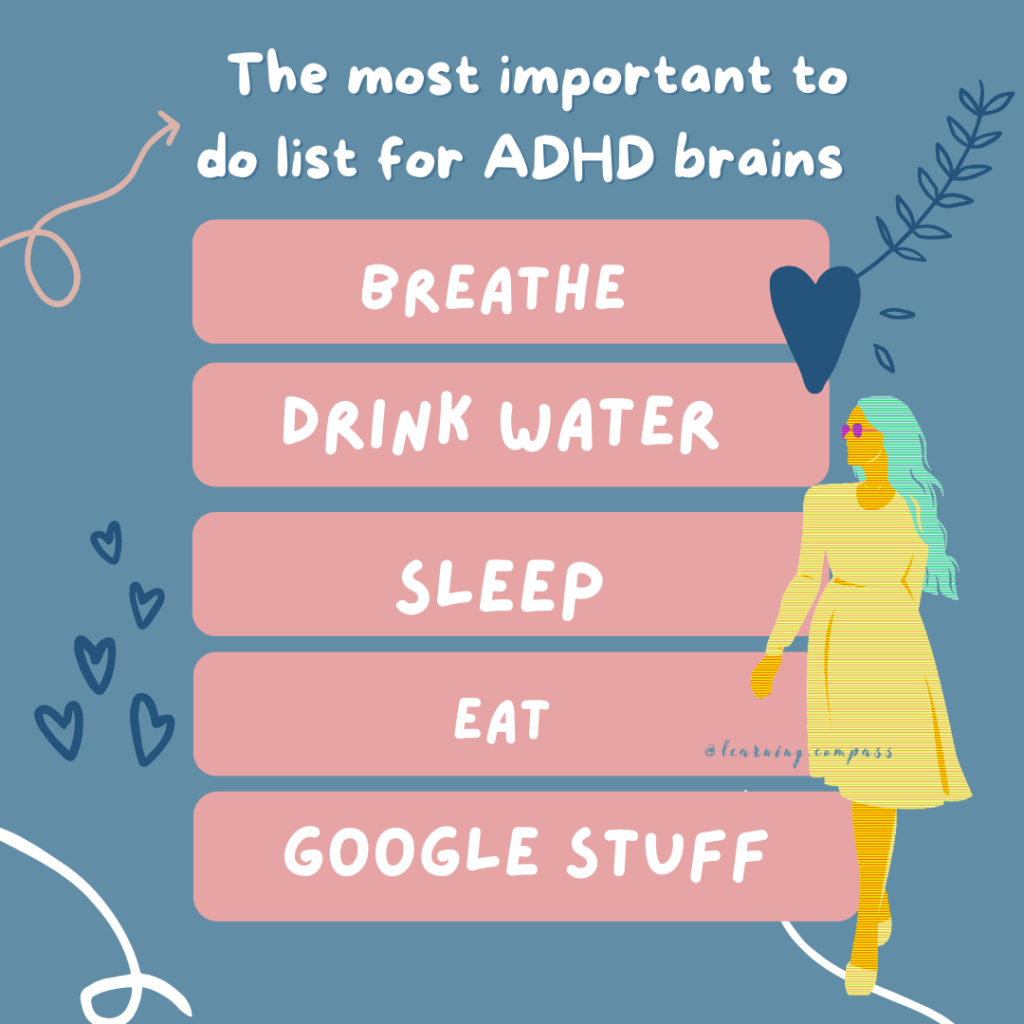 © Photo by Kate Kamoshita
© Photo by Kate KamoshitaWhat do you enjoy doing in your free time?
I love my walks in the park and my latest hobby of bird watching has become an active mediation for me, and really calms my busy mind. I love audiobooks and yoga, too. Our family recently got a camping car, which has opened up new adventures around Japan for us.
What’s ahead for you and Learning Compass?
I’m working a lot with individuals now, but I really hope bigger companies or schools will start to contact me about training with HR or teachers. I’m also working on a podcast called ADHD Abroad, where I would talk about neurodiversity around the world. If you are living abroad and have ADHD, then let’s talk! I’d love to hear from you.
Finally, are there any resources you could recommend?
- Chadd (US-based advocacy and support organization)
- Additude (website and magazine devoted to ADHD)
- A great book for women: “The Radical Guide For Women With ADHD” by Solden, Frank & Littman)
- Two leading names in ADHD research today:
- Ned Hallowell: https://drhallowell.com
- Russell Barkley: http://russellbarkley.org/
Learn more about Kate and Learning Compass
Savvy Spotlight is a monthly feature introducing foreign and Japanese women at the frontline of what’s successful, contributing, cool, unique and interesting in the city. If you have anyone in mind you would like us to interview, leave us a comment below with your recommendations!












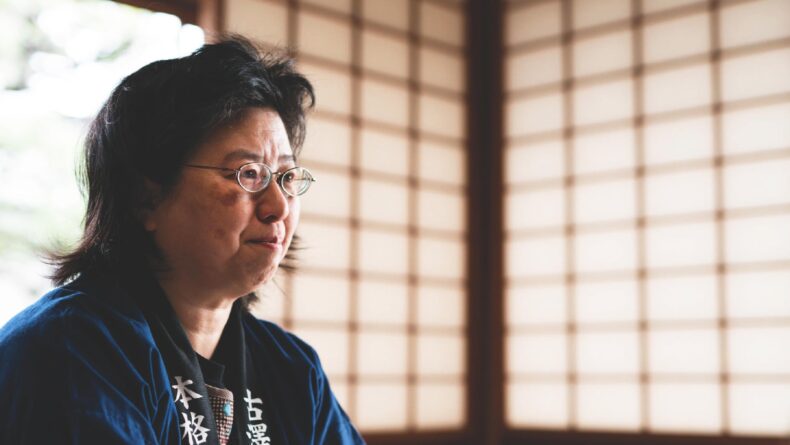


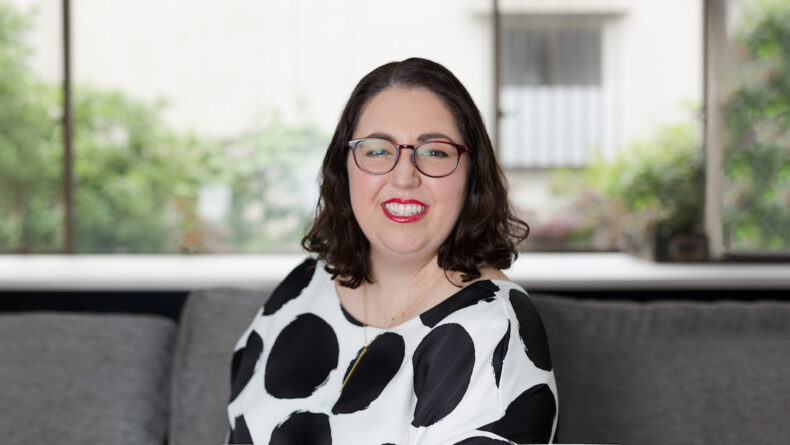
Leave a Reply